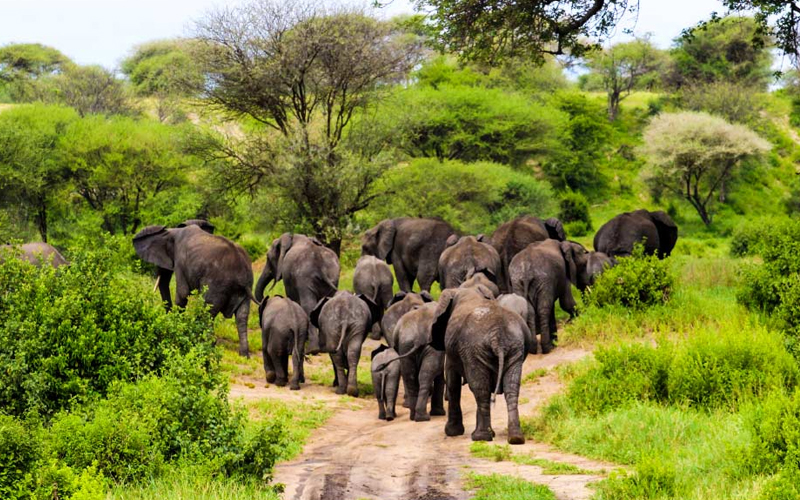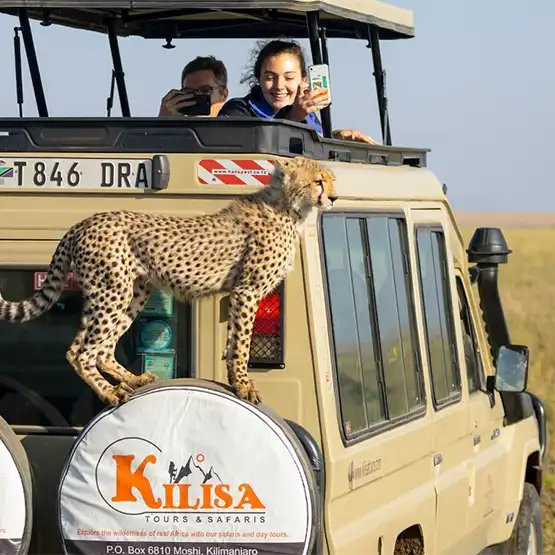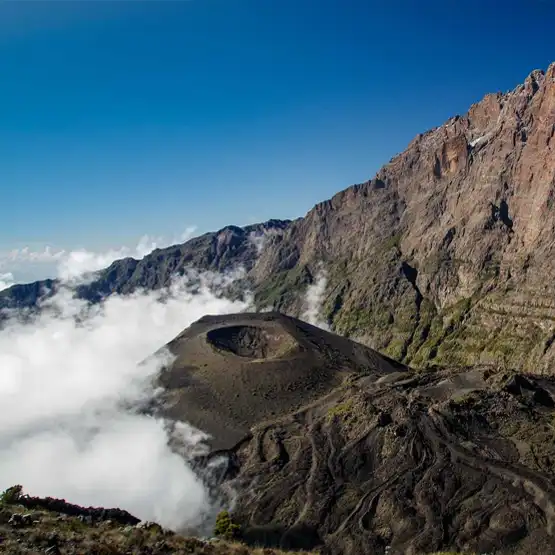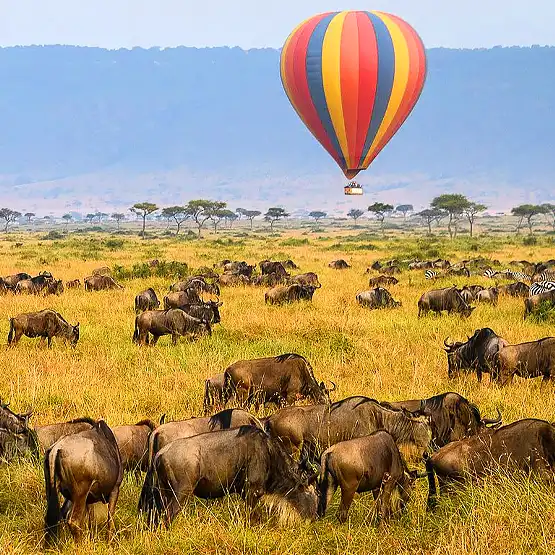Tanzania Leading Africa Sustainable Tourism 2025
Tanzania, home to some of the world’s most iconic wildlife reserves and breathtaking landscapes, has long been a favorite destination for nature lovers. As the world increasingly prioritizes eco-conscious travel, Tanzania has positioned itself as a leader in sustainable tourism across Africa. By integrating community-focused initiatives, conservation efforts, and responsible tourism practices, the country is paving the way for a greener and more sustainable future in the travel industry.
A Commitment to Conservation
At the heart of Tanzania’s tourism industry lies an unwavering commitment to conservation. The country boasts over 38% of its landmass protected in the form of national parks, game reserves, and conservation areas. Key initiatives include:
- Ngorongoro Conservation Area: A UNESCO World Heritage Site that balances wildlife conservation with the livelihoods of the Maasai communities living within its boundaries.
- Anti-Poaching Measures: Increased funding and support for anti-poaching units have significantly curbed illegal wildlife trade and protected endangered species such as elephants and rhinos.
- Rewilding Projects: Efforts to restore ecosystems, such as reintroducing species to areas where they were previously extinct, have gained momentum in 2025.
Empowering Local Communities
Tanzania has embraced community-centered tourism models, ensuring that local populations benefit directly from the industry. Key approaches include:
- Cultural Tourism Programs: Villages near major attractions, such as Mto wa Mbu near Lake Manyara, offer cultural experiences where tourists can learn about local traditions while contributing financially to the community.
- Employment Opportunities: The tourism sector is a significant employer in Tanzania, with many operators now prioritizing hiring from local communities and providing training programs to enhance skill development.
- Revenue Sharing Models: In regions like Serengeti and Tarangire, part of the tourism revenue is reinvested into local schools, healthcare facilities, and infrastructure development.
Ecotourism Lodges and Sustainable Travel Practices
The rise of eco-lodges and sustainable travel practices has transformed Tanzania’s hospitality sector. These establishments prioritize minimal environmental impact while offering high-quality experiences for guests:
- Solar-Powered Lodges: Many properties, such as Chem Chem Lodge and Singita Grumeti, run on renewable energy and have implemented water recycling systems.
- Plastic-Free Zones: Leading safari operators have banned single-use plastics, providing reusable alternatives for tourists.
- Carbon Offset Safaris: Some tour companies, including Sia Yangu Safaris, now offer carbon-neutral safaris by investing in reforestation projects and clean energy programs.
Protecting Iconic Wildlife
Tanzania’s sustainable tourism success is closely tied to its ability to protect its extraordinary wildlife. Conservation-focused tourism funds key programs such as:
- Wildlife Corridors: Initiatives to maintain and restore migration routes ensure that animals like wildebeests and elephants can move freely without habitat fragmentation.
- Predator Conservation: Projects to monitor and protect big cats like lions, cheetahs, and leopards have helped stabilize their populations.
- Community-Wildlife Coexistence: Training programs teach communities how to coexist with wildlife, reducing human-wildlife conflicts near protected areas.
Promoting Off-the-Beaten-Path Destinations
Tanzania is actively promoting lesser-known destinations to reduce overcrowding in iconic parks like Serengeti and Ngorongoro. This strategy disperses tourism benefits while preserving fragile ecosystems.
- Southern Circuit: Parks like Ruaha and Selous (now Nyerere National Park) are gaining popularity for their pristine wilderness and fewer visitors.
- Western Circuit: Destinations like Gombe Stream and Mahale Mountains National Parks offer unique chimpanzee trekking experiences.
Green Transport Innovations
As part of its sustainable tourism efforts, Tanzania has begun integrating eco-friendly transport options:
- Electric Safari Vehicles: Several safari operators now use electric vehicles to minimize emissions during game drives.
- Green Airports: Investments in solar-powered infrastructure at airports like Kilimanjaro International Airport underscore the commitment to sustainability.
Collaboration with Global Partners
Tanzania’s progress in sustainable tourism is amplified through partnerships with international organizations and NGOs:
- UNESCO Partnerships: Continued collaboration ensures that World Heritage Sites like Serengeti and Kilimanjaro remain protected.
- Eco-Certification Programs: Tanzania’s lodges and operators are increasingly obtaining certifications such as Green Globe and Rainforest Alliance.
- Global Wildlife Funds: Organizations like WWF support anti-poaching efforts and community development projects.
Challenges and Future Goals
Despite significant strides, Tanzania faces challenges, including climate change, increasing tourism demand, and limited resources for conservation. However, the government and private sector are addressing these through:
- Climate Adaptation Strategies: Research and funding to protect ecosystems vulnerable to climate change.
- Digital Transformation: Using technology like drone monitoring and wildlife tracking apps to enhance conservation efforts.
- Sustainable Tourism Policy Updates: Strengthening policies to balance tourism growth with environmental preservation.
Tanzania’s leadership in sustainable tourism is a testament to its commitment to preserving its natural heritage while empowering local communities. In 2025, the country serves as a shining example of how thoughtful tourism practices can create a harmonious relationship between travelers, nature, and the people who call these breathtaking landscapes home.
For travelers seeking an eco-conscious adventure, Tanzania offers not only remarkable beauty but also the opportunity to contribute to a brighter and more sustainable future for Africa and beyond.





